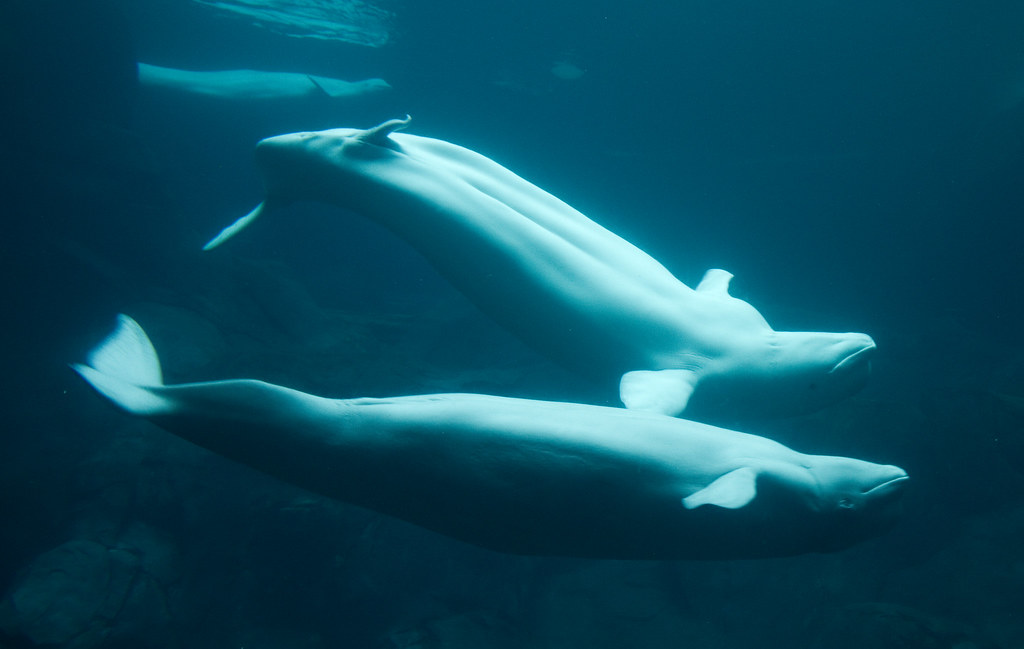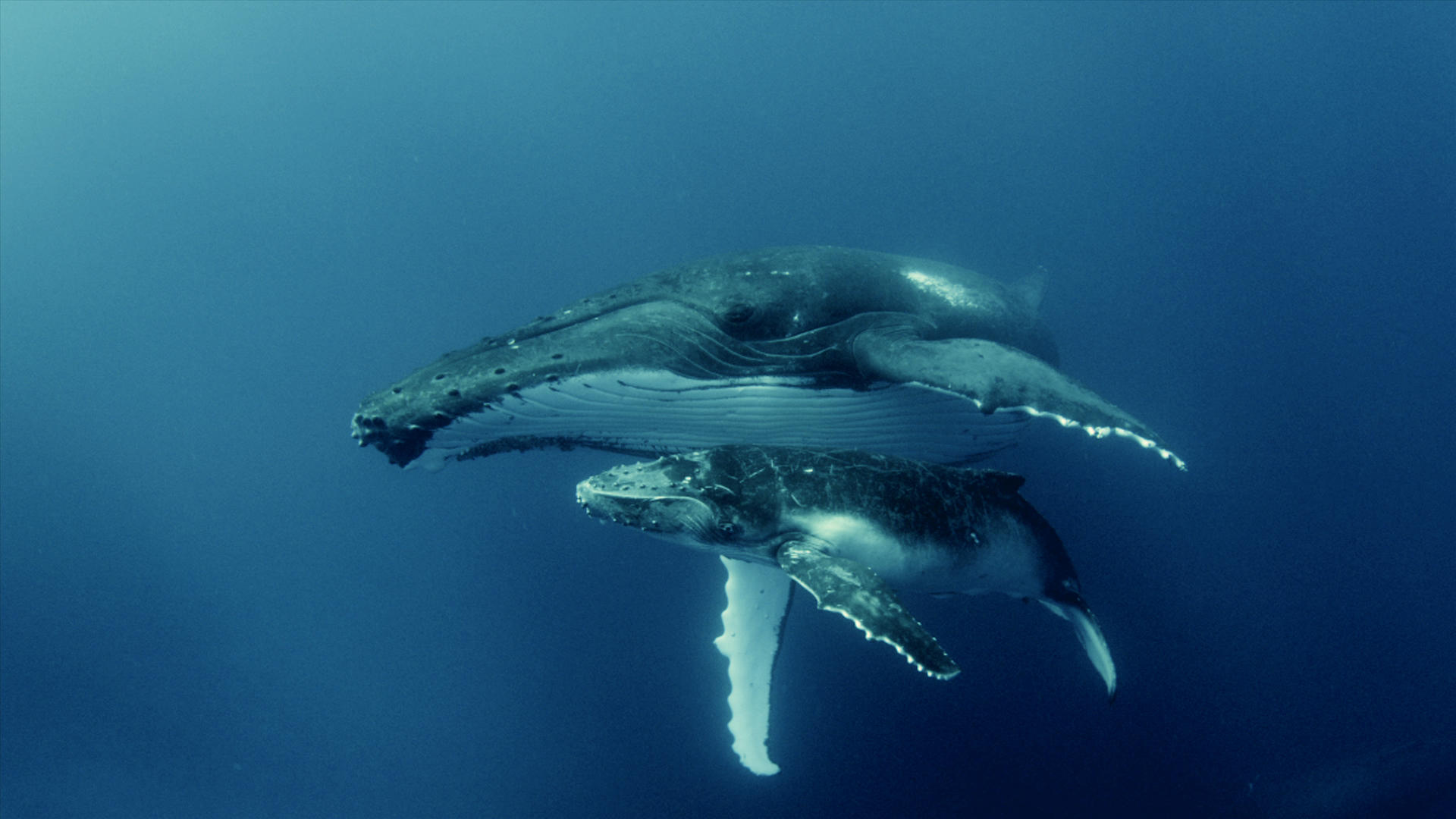One of the most wonderful things about the planet we live on is the rich variety of life you’ll find in the most remote places. If there’s any problem with life in an environment that’s not readily accessible, like below the surface of the ocean, is that it’s easier to forget that there is a whole world of organisms that exist there and contribute to the amazing biodiversity of Earth.
For many marine organisms, noise pollution is having a serious and negative impact on vital behaviors needed for their survival. While scientists have seen how noises from ships, offshore drilling, and industrial activity take a toll on the lives of creatures like whales, dolphins, and other marine life, they’re still trying to determine the range and the impact of these human-caused noises.

For those who study the ocean, as well as those who simply enjoy it, it’s abundantly clear that noise pollution must be addressed. If there’s any silver lining it’s the ability to stop it on the spot. Unlike plastic waste and oil spills in marine environments, there’s nothing to clean up or contain. To put a stop to noise pollution, you simply have to stop the activity generating noise.
How We Can Change
That is easier said than done. Continued pursuit of petroleum resources, ocean travel, and expanding human development means that we’re going to have an impact on our oceans until we decide to cease these activities. However, there may be steps we can take to reduce just how much noise we make below the surface of our oceans.
Just as today’s automobiles sound much quieter compared to the roaring engines of muscle cars and roadsters from the last century, it’s possible to use quieter, alternative power sources to propel ships and other equipment that emit excessive and droning noises. Some scientists have also proposed making vital marine areas off-limits to things like Navy sonar and seismic airguns.
Boaters And Individuals Can Help
Large-scale and sweeping changes will be needed to return our oceans to what they once were before the days of industrialized marine travel and development, but there are things small groups and individuals can do to make a difference. Updating and properly maintaining motors and propulsion systems on personal and business vessels can help to ensure that boat travel is considerably quieter. Implementing simple noise and vibration control products can also help, while serving to extend the longevity and improve the operation of a vessel. For an example of this, check out these marine diesel engine mounts from Isolationtech.
Lots of organizations are working hard to raise awareness and identify solutions for reducing and ceasing marine noise pollution. If you’re interested in contributing to their mission, there are many things you can do, but don’t forget to look at ways you can make changes as an individual.



